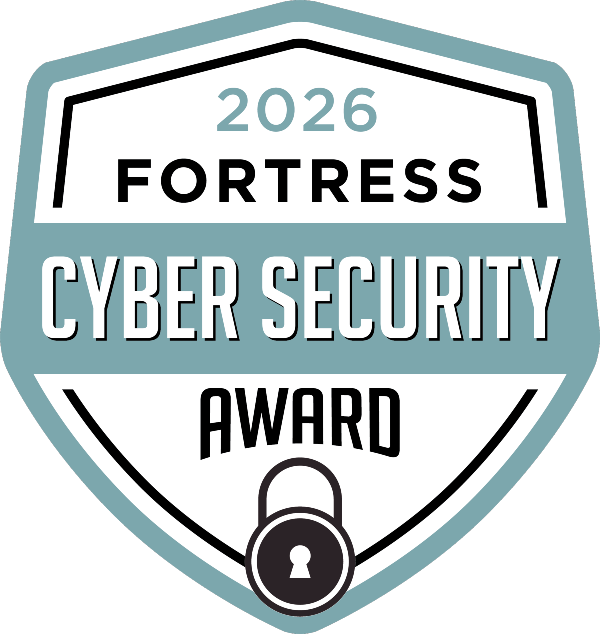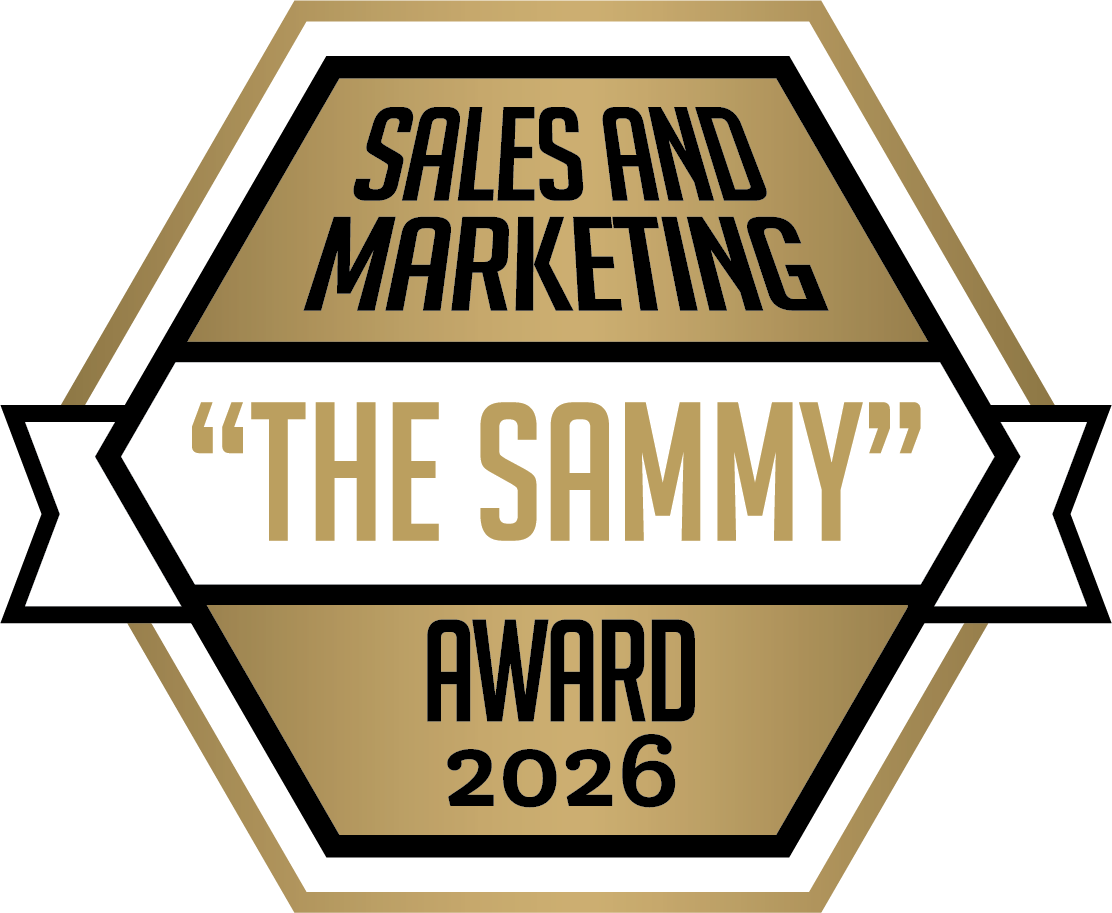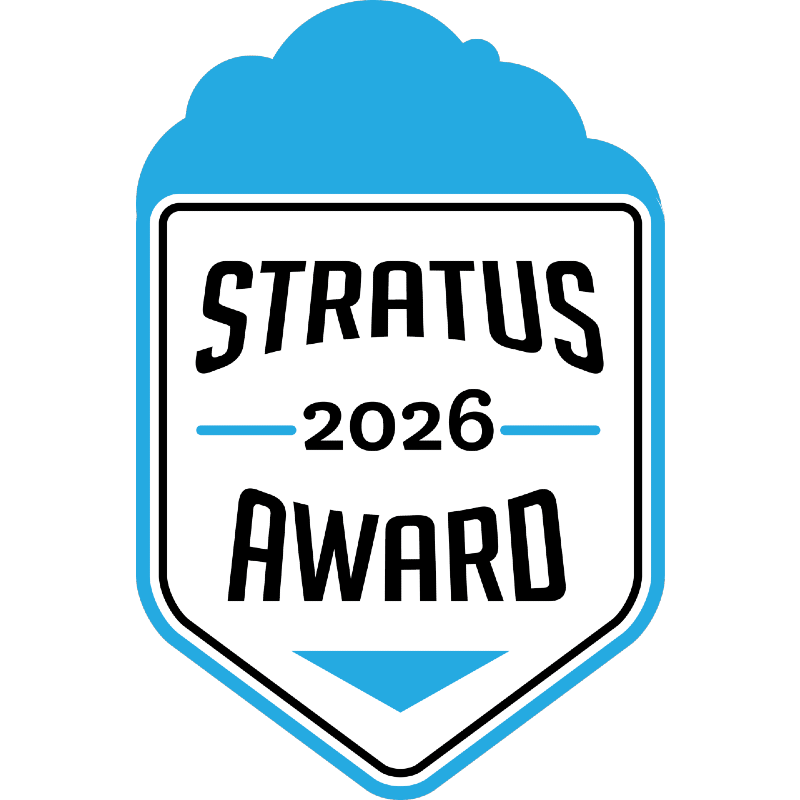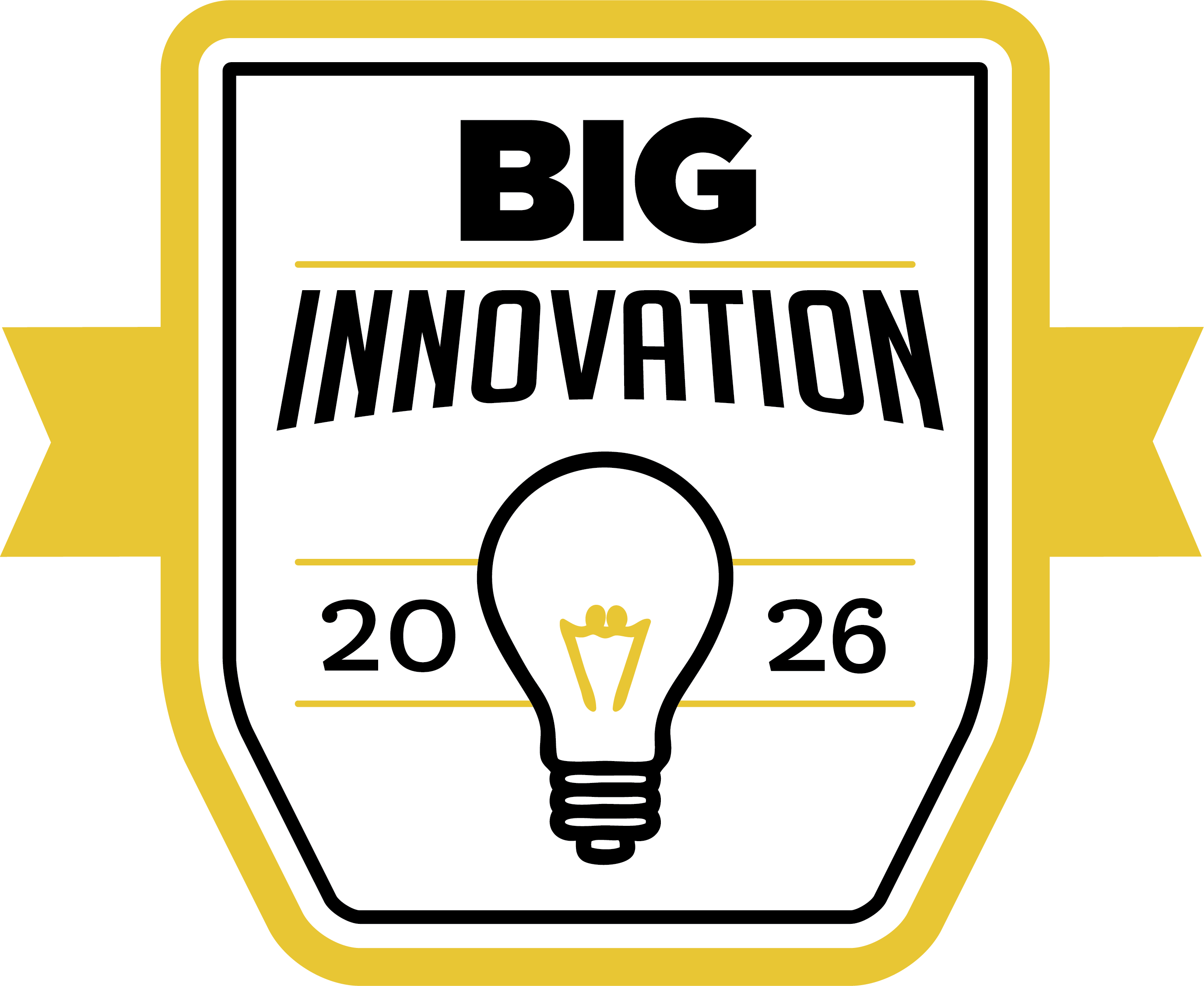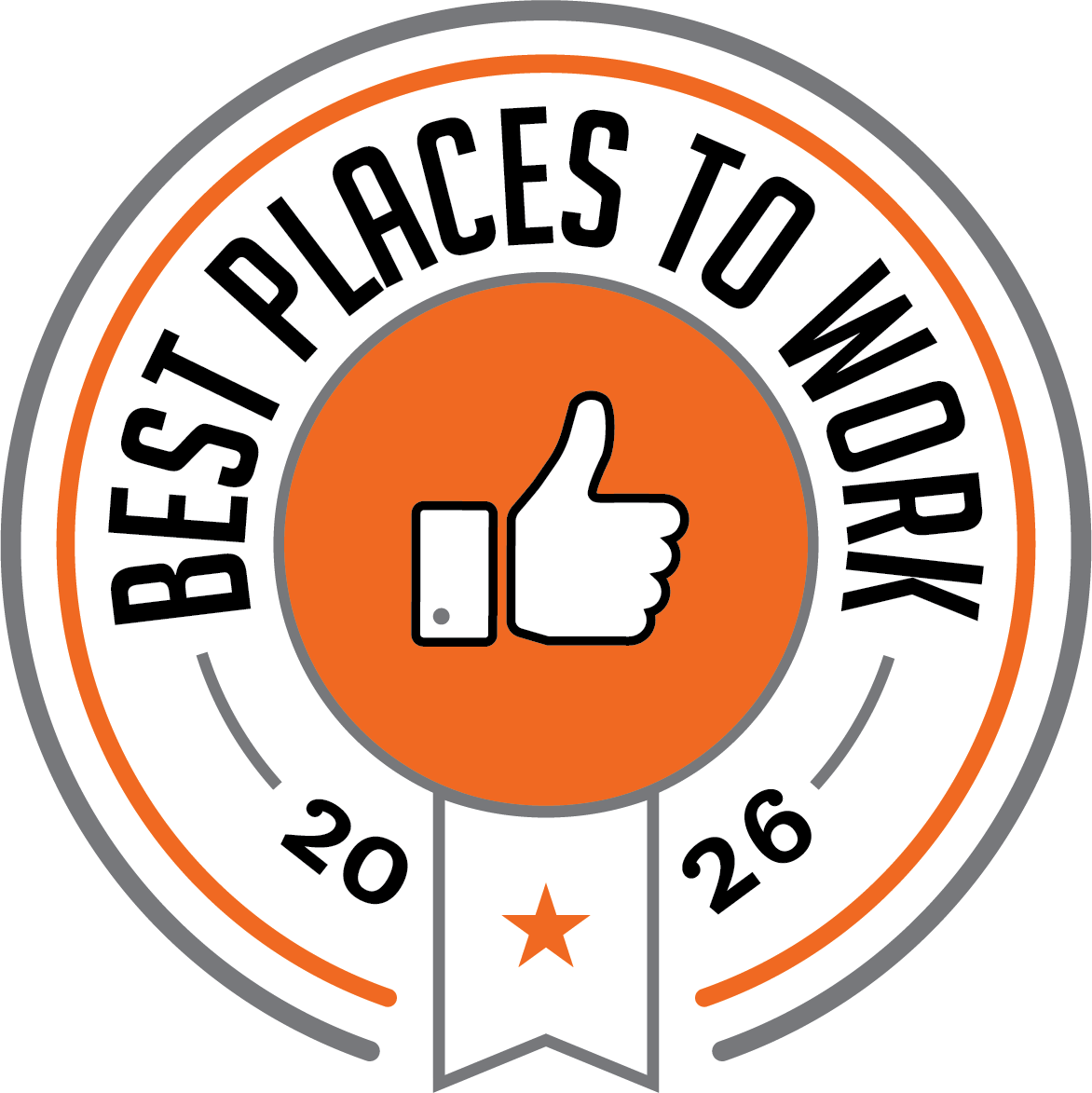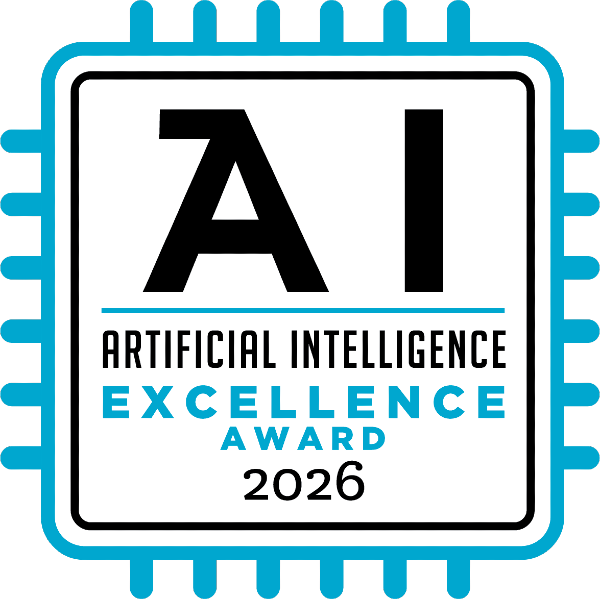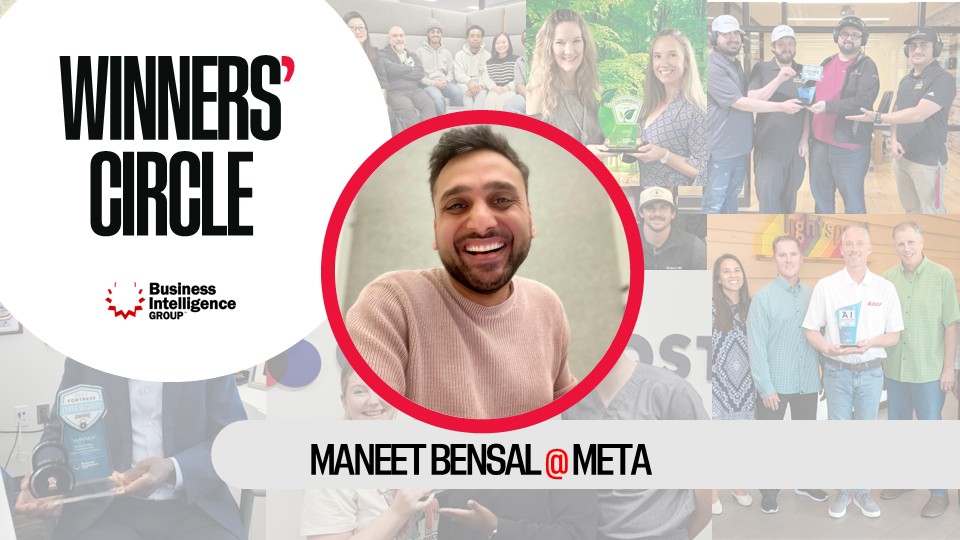


The weight of AI infrastructure
Maneet Bansal, a senior leader at Meta and longtime judge in our awards programs, spends his days working on systems that impact billions of people. That responsibility, as he explains, is not just about keeping things online. It is about building systems responsibly with transparency, observability, and trust built into every decision.
What sets Bansal’s perspective apart is the way he compares AI workloads with traditional cloud computing. In cloud environments, you can send requests to nearly any server behind a load balancer. With AI, however, the requirements are very different. Every request may depend on GPU memory, RAM, or downstream protections.
“It is not harder or easier,” Bansal said. “Just different.”
That shift, in some respects, sets the tone for the next decade of AI infrastructure trends.
Observability as a passion project
For Bansal, observability is not a checklist item. It is a philosophy. He wants engineers and users to see what is happening inside their systems, with no “black art going on behind the scenes.” That visibility, he argues, is what allows businesses to scale AI responsibly while avoiding both downtime and distrust.
As AI systems become the backbone of business, observability moves from a nice to have to a must have. Without it, the risks from financial losses to brand damage become too steep.
Cybersecurity blind spots and responsible AI
Another thread Bansal returned to is security. He pointed out the blind spot many companies face when embedding AI deeply into their operations. Engineers sometimes rush to plug in an LLM or use AI tools for vibe coding without thinking through what is being exposed. That kind of oversight can open the door to vulnerabilities.
“The solution is not just smarter machines,” he said. “It is ‘clear’ industry guidelines and collective responsibility.”
AI can absolutely help in cybersecurity. In fact, his graduate school mentor once built an entire business around AI powered threat detection. But used carelessly, AI can just as easily introduce new weaknesses.
The bigger story here is the balance between adopting AI quickly and adopting AI wisely. That balance is where credibility and trust are built.
Agility beats long term strategy in AI
What excites Bansal most is the speed of change. Unlike the older six month roadmaps of cloud computing, today’s AI problems shift before engineers have fully solved the last one. Training workloads give way to inference challenges, which then give way to agent orchestration.
“Nobody knows what to do, you are on your own, trying things,” he said.
That constant ambiguity, he believes, is what keeps the engineering work creative. In an environment where problems move faster than solutions, agility is more valuable than rigid long term planning.
Poker, philosophy, and engineering
Of course, Bansal is more than just an engineer. He nearly walked away from computer science to play poker professionally. For him, poker is the perfect blend of mathematics, psychology, and philosophy, a reminder that problem solving is about more than technical skill. That offbeat perspective is part of what makes his outlook on AI so compelling.
He also pointed to books that shape his thinking. One is The Courage to Be Disliked by Ichiro Kishimi and Fumitake Koga, which explores freedom, responsibility, and meaning in work and life. Another is Mustafa Suleyman’s The Coming Wave, which warns about the risks of releasing powerful AI systems without proper guardrails. Together, these books reflect how Bansal approaches both engineering and leadership with caution, creativity, and responsibility.
Why this matters for our community
Bansal is more than a Meta engineer. He is a judge within our community, scoring nominations across our award programs. His philosophy of observability, security, and responsibility mirrors the very criteria we ask businesses to meet when they submit their work.
The perspective he shared is a reminder that the next chapter of AI is not just about what is possible. It is about what is safe, responsible, and transparent. You can learn more about him and the rest of our judging community on his Judge Profile.

